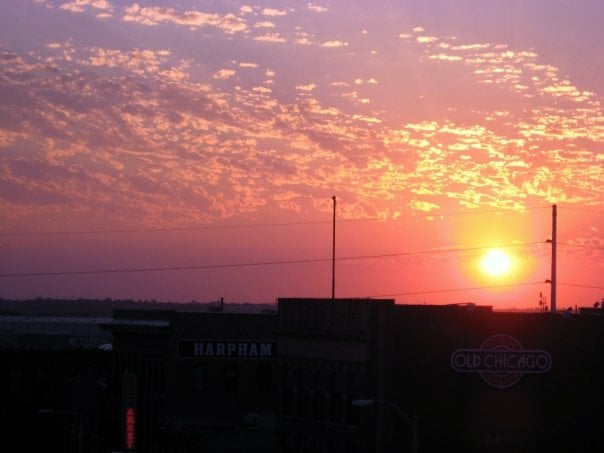Last night, we launched Issue 23 of Plough Quarterly, at the Red Room at KGB Bar on East 4th Street. I went there first when I was probably sixteen or so, for a book launch of my father’s, and I’ve found myself there quite a bit, lately, what with absinthe tastings and the Dead Ladies Society and (at the adjacent Kraine Theater) the Odd Salon.
Login to read more
Sign in or create a free account to access Subscriber-only content.
